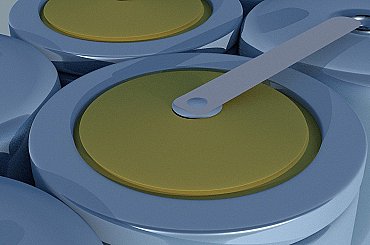US Researchers Are Developing An EV Battery Without ‘Forever Chemicals’
The global demand for lithium-ion batteries is forecast to increase from 700 gigawatt-hours in 2022 to a whopping 4.7 terawatt-hours by 2030, according to Mckinsey & Company. That’s because battery usage is not just growing in electric vehicles, but also in electrical appliances, drones, grid-level energy storage and dozens of other applications. But their dirty secret of using harmful chemicals hasn’t been addressed yet.

You are not logged in
If you want to read more, join the ENERGY-HUB club
LoginTry the monthly membership in the ENERGY-HUB club for free!
Related articles
Honeywell Technology Is Selected For First Commercial Hydrogen Supply Chain via MCH
Honeywell today announced that ENEOS, a leading energy company in Japan, has begun basic engineering with Honeywell to develop the…
ORLEN Invests in Advanced Electrolysers
ORLEN Venture Capital (“ORLEN VC”) has invested in Hystar, a Norwegian manufacturer of high-efficiency proton-exchange-membrane (P…
Rev Exploration To Become First-Mover Targeting Natural Hydrogen in Alberta
VANCOUVER, British Columbia -- REV Exploration Corp. (“REV” or the “Company”) (TSXV: REVX), formerly Gitennes Exploration, is plea…
Canada’s 1 GWh battery delivered ahead of schedule, below budget
The Oneida project is the largest battery energy storage facility in operation in Canada.
Green Hydrogen for New Power Plants
How can green hydrogen burn CO₂-free in future gas turbines safely, efficiently and cleanly? This key question for the energy tran…
ENERGY-HUB is a modern independent platformsharing news and analytic articles from the energy sector on a daily basis. Within our portfolio we monitor czech, slovak and foreign press releases.



